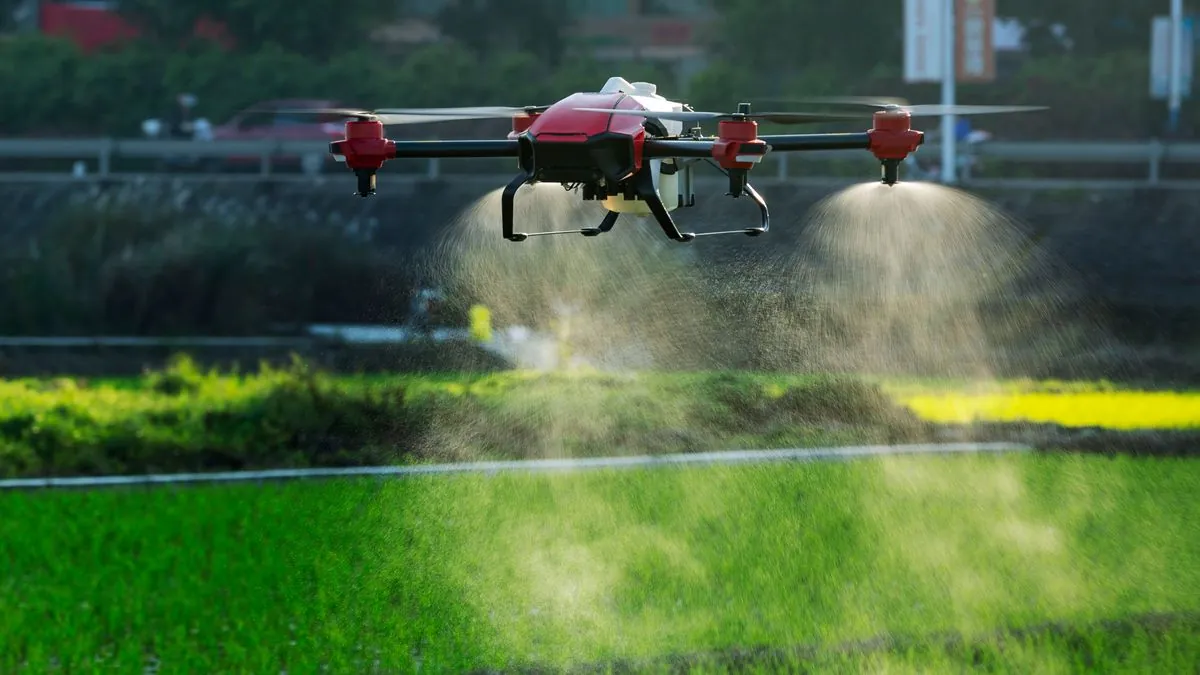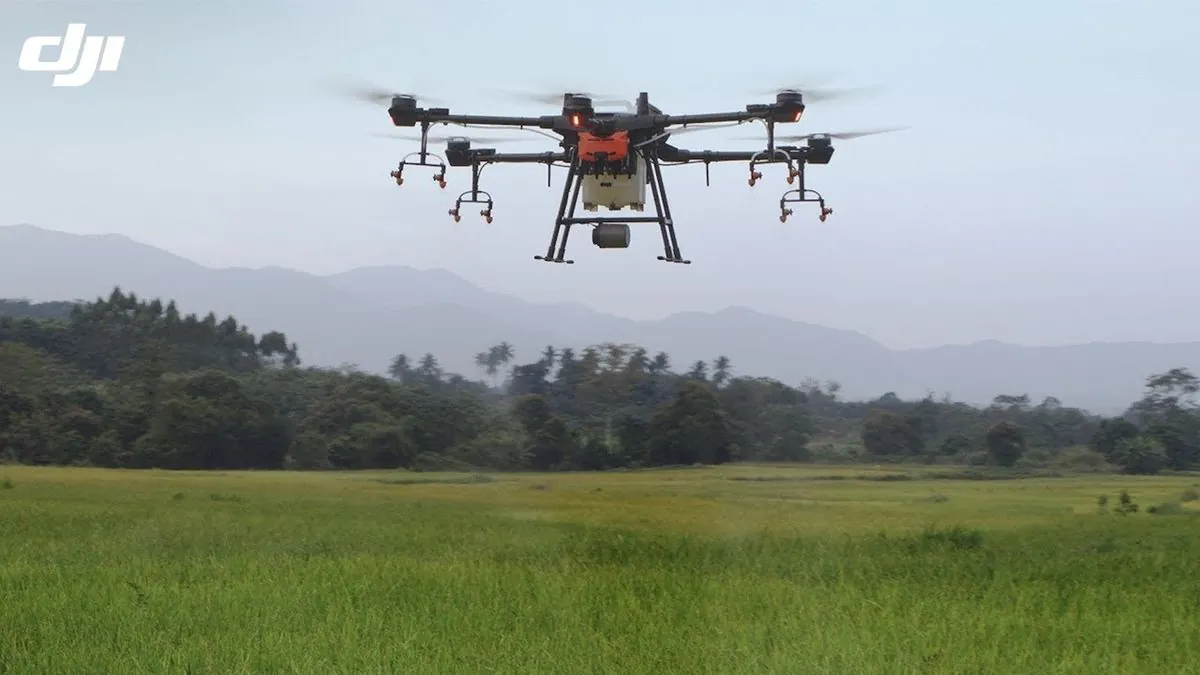U.S. Lawmakers Raise Alarm Over Chinese Agricultural Drones on American Farms
Republican representatives urge Biden administration to address national security risks posed by Chinese-made agricultural drones. They request detailed information from government agencies by September 30.

A group of 12 Republican lawmakers in the United States has raised concerns about the use of Chinese-manufactured agricultural drones on American farms. The representatives, including Elise Stefanik, Ashley Hinson, and John Moolenaar, who chairs a select committee on China, have called on the Biden administration to address potential national security risks associated with these devices.
In letters addressed to the U.S. Agriculture Department and Cybersecurity and Infrastructure Security Agency, the lawmakers requested information on the administration's efforts to mitigate risks posed by aerosol dispensing drones. They specifically mentioned the large number of drones produced by DJI, a Chinese drone manufacturer.
DJI, founded in 2006 by Frank Wang in Shenzhen, China, is the world's largest consumer drone manufacturer, holding over 70% of the global market share. The company's Agras series is specifically designed for agricultural applications, capable of crop spraying, monitoring, and mapping.

The use of agricultural drones has gained popularity due to their ability to increase crop yields by up to 20% and reduce pesticide use by 30%. However, security concerns have led to restrictions on Chinese-made drones in various U.S. government agencies. The Department of Defense has banned the use of DJI drones, and the Department of Interior grounded its entire drone fleet in 2020.
The lawmakers have set a deadline of September 30, 2024, for the government agencies to brief Congress on their efforts to address these concerns. This move comes as part of a broader push to scrutinize Chinese technology in critical sectors of the U.S. economy.
While the global agricultural drone market is expected to reach $5.7 billion by 2025, the ongoing debate over security risks may impact this growth. The U.S. Congress has introduced several bills aimed at restricting Chinese drone use in federal agencies, reflecting the growing tension between technological advancement and national security concerns.
As this situation develops, it highlights the complex relationship between agricultural innovation and geopolitical considerations in an increasingly interconnected world.


































